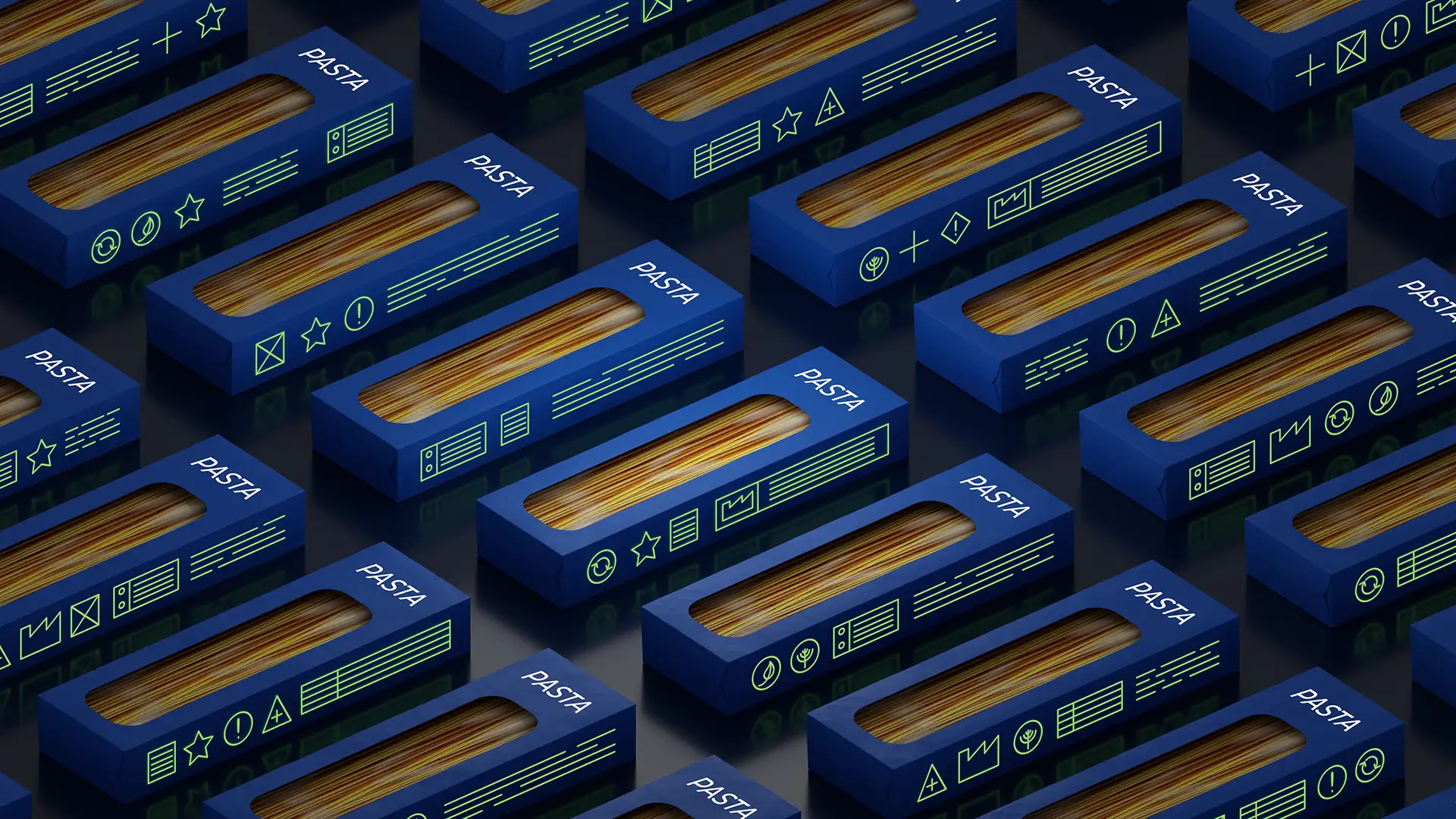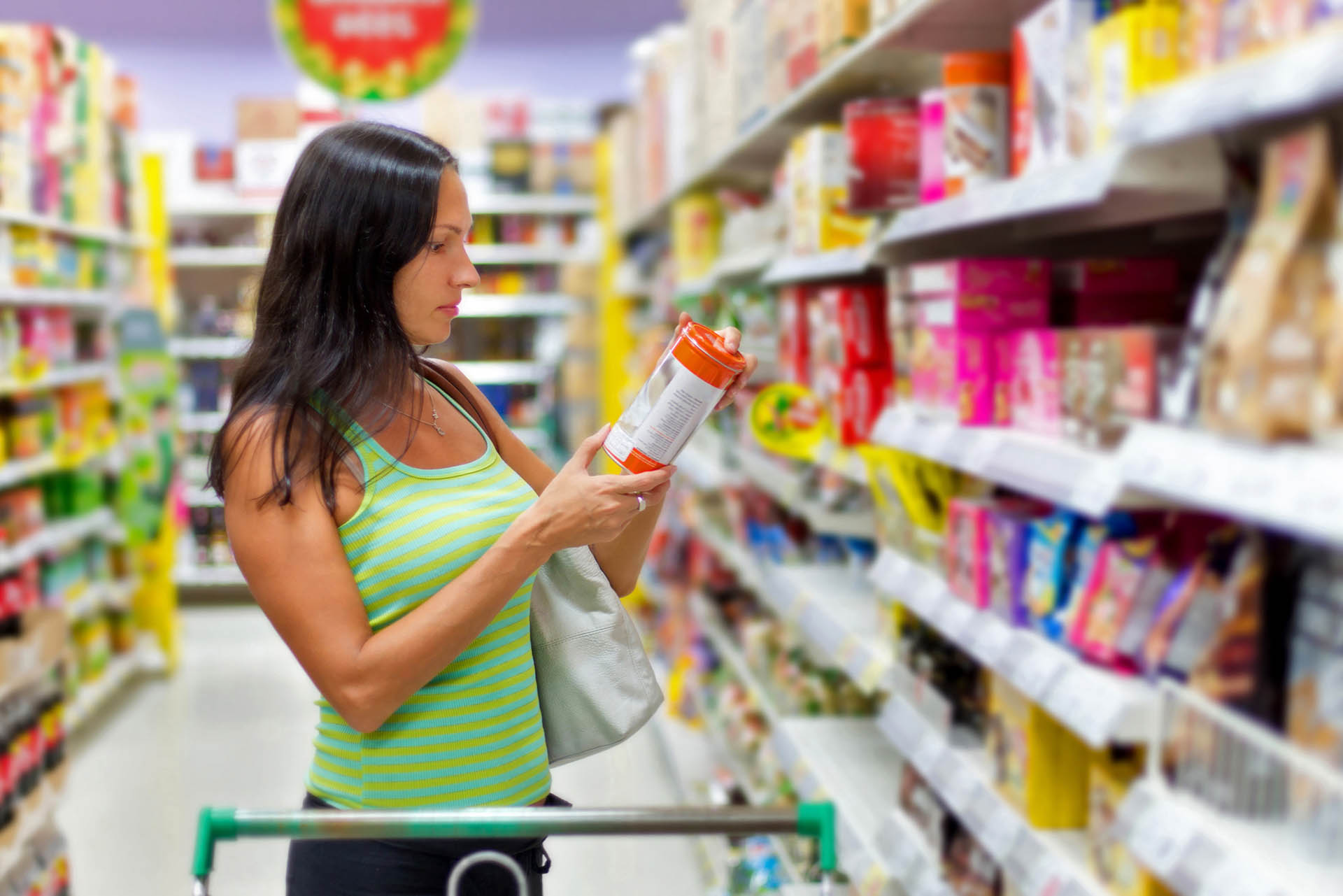The outbreak of the coronavirus pandemic in early 2020 prompted emergency responses from governments all over the world as they moved to lock down their economies. As businesses stopped and everyday life went on pause, only essential activities could continue. One of those essential activities was food supply: we still needed to eat and drink during the lockdown.
The efforts to keep our shops stocked at such a precarious time reminded us how important foods supply chains are. From primary production to processing, and from logistics to the retail sector, the entire agri-food sector worked to ensure a modicum of normalcy when it comes to mealtimes – even when people began stockpiling and demand spiked.
This continuity was possible thanks to the European Union’s Single Market. At Barilla, we export our products across Europe without worrying about border controls or national certifications. The Single Market for food products is an example of success and positive integration within the EU. The European Commission’s March 2020 Communication, ‘Identifying and addressing barriers to the Single Market’, says most food products moving with the EU are subject to harmonised rules. And the COVID-19 pandemic proved that a well-functioning, resilient EU economy depends on a continued efficient delivery with the Single Market.
However, in recent years, the EU’s agri-food companies have faced new challenges that, if not properly tackled, could develop into serious obstacles.
The first is the rise of national food labelling initiatives and requirements, on issues such as nutritional information or origin information, which has been recognised by the Commission itself. Food labelling, in principle, helps both consumers and the agri-food sector, showing clearly what the product is, where it comes from and what its ingredients are. These inform everyone about the contents and can help people manage their diets and their overall health. The EU itself has food labelling rules to ensure that consumers receive clearer and more accurate information about what they buy and eat.
The problems occur when additional labelling schemes pile up. According to the Commission, eight Member States have launched national legislations on origin for certain food products, and there are currently five front-of-pack nutritional labelling schemes developed or endorsed by MS across Europe. Even if they are motivated by legitimate consumers demands for more information on food products, these national initiatives both confuse and complicate operations for food companies. They may even lead to fragmentation of the Single Market, obstructing the free circulation of products within the EU.
These national labelling schemes have several negative implications for food producers:
- They add extra costs, as businesses are forced to adapt to the different labelling requirements.
- They raise the risk that food markets and food supply chains become national rather than European or global.
- They create a climate of regulatory uncertainty that will disincentivise businesses, in particular SMEs.
From an EU perspective, there is another implication: these national measures undermine the efforts to create a resilient European food system and supply chain that can withstand shocks and crises, like the Covid-19 pandemic. The Commission has already moved to address supply chain resilience in its Farm to Fork Strategy, proposing an ambitious European contingency plan for food security. While this contingency plan would improve preparations against threats to food security, regulatory fragmentation is already limiting the adaptability and economic viability of many EU stakeholders in the sector.
The second issue concerns packaging disposal and recyclability. As with labelling, it makes sense to harmonise rules across the EU to ensure that there are universally agreed packaging labels on how to dispose and/or recycle packaging.
However, the reality is that most packaging waste collection is currently organised around available treatment capacity, which is decided regionally or nationally. This situation forces EU producers to navigate complex and diverse national/regional legislation when it comes to dealing with packaging. It also confuses consumers about what their recycling responsibilities are, thus undermining the entire sustainability efforts as the EU attempts to move towards a circular economy. For instance, it may easily happen that a package meant to be recyclable in one Member State could be considered as non-recyclable in another. This makes packaging labelling particularly complicated for food producers.

The European Commission is right to seek to revise the Packaging and Packaging Waste Directive to ensure the free movement of packaging and packaged goods. That is why we want the Commission to use the occasion put a special focus on harmonised, clear labels indicating how to dispose of different packages. Digital tools, such as app and QR codes on packages, should also be explored and considered as solutions for providing consumer with more comprehensive information on food products.
In both these cases, the problems have occurred when national governments start taking their own initiatives. It undermines the Single Market, and we all suffer. Yet we believe in the Single Market: it not only supports Europe’s world-leading food and drink sector but is a guarantee for secure, healthy and delicious foods. Let’s keep the Single Market open and vibrant.
The problems occur when additional labelling schemes pile up. Even if they are motivated by legitimate consumers demands for more information, these national initiatives both confuse and complicate operations for food companies.
The reality is that most packaging waste collection is currently organised around available treatment capacity, which is decided regionally or nationally. This situation confuses consumers about what their recycling responsibilities are, thus undermining sustainability efforts.

